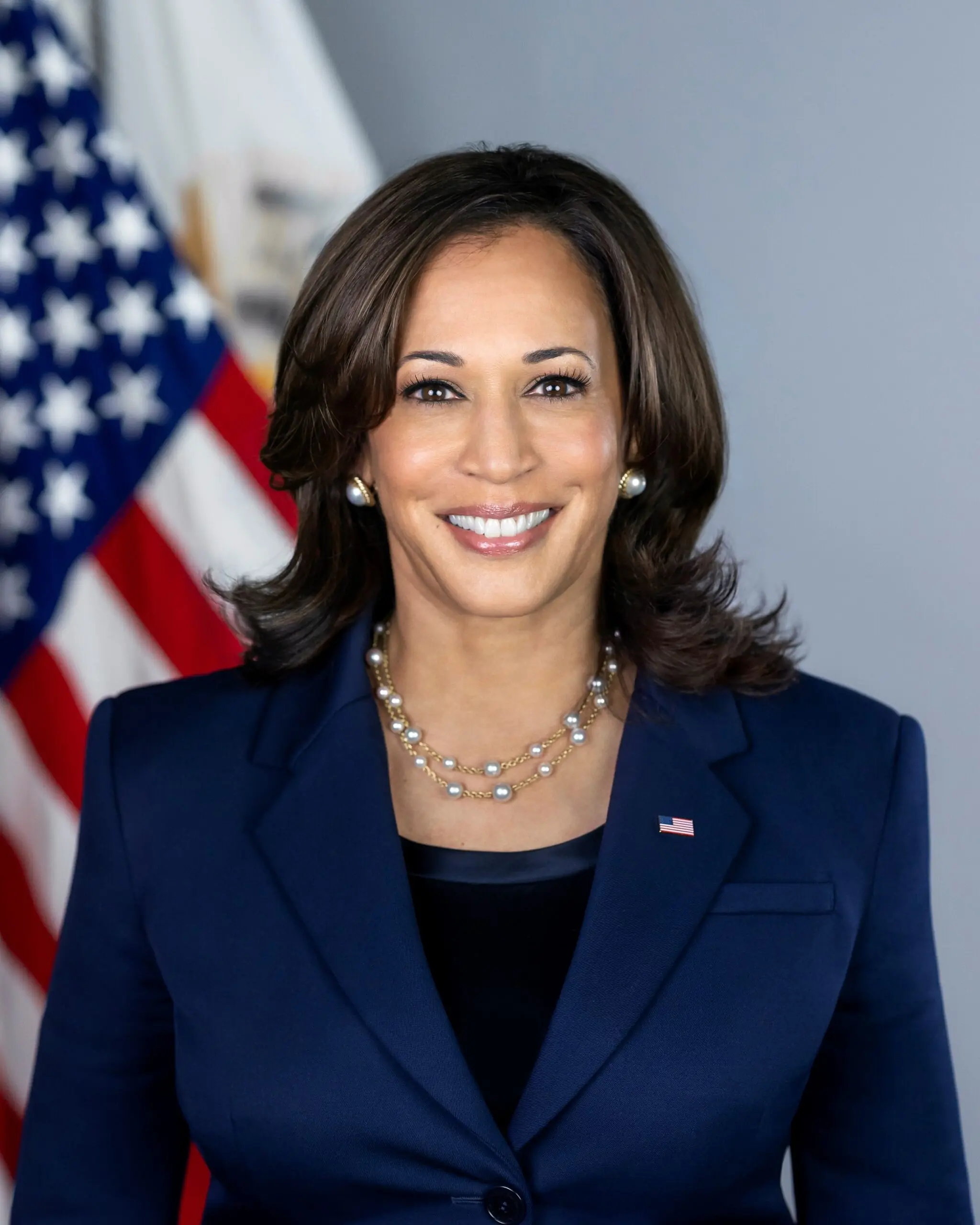
Kamala Harris Aims to Make History as the First Sitting Vice President Elected to the White House Since George H.W. Bush in 1988, Overcoming Challenges Faced by Nixon, Humphrey, and Gore
Fiona Nanna, ForeMedia News
5 minutes read. Updated 4:31PM GMT Wed, 28August, 2024
As Vice President Kamala Harris embarks on her fall campaign for the White House, she is aiming to break a historical trend that has hindered her predecessors. Since 1836, only one sitting vice president, George H.W. Bush in 1988, has been successfully elected as President of the United States. Harris, facing a challenging political landscape, is hoping to defy the odds where many before her have faltered.
Historical Precedents of Vice Presidents Seeking the Presidency
From Richard Nixon in 1960 to Hubert Humphrey in 1968 and Al Gore in 2000, multiple vice presidents have attempted to transition to the top job, only to be thwarted by narrow defeats and complex political dynamics. Each of these elections was marked by unique circumstances — from war and scandal to the evolving influence of television debates. However, two crucial factors often determine the success or failure of these candidates: the popularity of the incumbent president and the working relationship between the president and the vice president.
Julian Zelizer, a professor of history and public affairs at Princeton University, notes, “You really do want those elements to come together. If the person the vice president is working for is popular, that means people like what he’s doing and you can gain from that. And you need to have the two principals working together.”
In 1988, George H.W. Bush managed to capitalize on a strong economy, the easing of Cold War tensions, and a productive partnership with President Ronald Reagan, leading him to a decisive victory over Democrat Michael Dukakis. Reagan’s approval ratings had improved following the Iran-Contra scandal, and his open support for Bush further solidified the Republican base. Historian and journalist Jonathan Darman explains, “Reagan was not a man to hold grudges, and Bush did a good job of navigating the complexity of their relationship while he was vice president.”
Lessons from Past Campaigns: Nixon, Humphrey, and Gore
For Al Gore in 2000, his run bore similarities to Bush’s campaign in terms of economic stability and presidential approval. However, Gore’s choice to distance himself from then-President Bill Clinton, following the Monica Lewinsky scandal, may have contributed to his narrow loss in Florida and, consequently, the presidency. According to Slate’s Jacob Weisberg, “Instead of finding a way to embrace the accomplishments of the Clinton administration, Gore ran away from Clinton as fast as his legs could carry him.”
Richard Nixon’s failed bid in 1960 serves as another lesson. Nixon’s complex relationship with President Dwight Eisenhower, who once considered dropping him as a running mate, played a role in his loss to John F. Kennedy. Nixon biographer John A. Farrell notes that Nixon’s reluctance to use Eisenhower’s influence and the president’s less-than-enthusiastic endorsement contributed to his defeat.
Hubert Humphrey’s campaign in 1968 also serves as a cautionary tale. His association with the unpopular Vietnam War policies of President Lyndon B. Johnson left him vulnerable to attacks from both anti-war Democrats and Republicans. Humphrey’s late break from Johnson’s policies came too late to save his campaign. Boston Globe columnist Michael Cohen summarizes, “Johnson did catastrophic damage to Humphrey, in my opinion.”
What Sets Harris Apart?
Unlike Johnson, President Joe Biden has declared he would not seek a second term, creating a clearer path for Harris. She has consolidated Democratic support and secured her party’s nomination in a relatively smooth convention, avoiding the chaos that marred Humphrey’s campaign in 1968. However, her challenge remains steep, as the current political climate is more polarized than it was for her predecessors.
Polls from July show about 4 in 10 Americans approve of Biden’s performance, mirroring approval ratings for Republican contender Donald Trump. As Harris tries to leverage her role in the Biden administration, Biden himself has committed to being her top campaign volunteer. He aims to provide her with the same support that he received from former President Barack Obama, who endorsed him late in the 2020 campaign to unite the Democratic Party.
Evan Osnos, a Biden biographer, explains, “Obama’s endorsement of Biden was about more than his candidacy; it was about his character, and that proved to be important.” Harris will be looking for similar backing from Biden as she gears up for campaign events in key swing states like Pennsylvania.
The Path Forward for Kamala Harris
Harris’ journey to the presidency is fraught with challenges, but she is uniquely positioned to carve a different path than previous vice presidents. With the Biden administration’s support and a clear strategy to connect with a diverse voter base, her campaign seeks to navigate the complexities that have doomed other vice presidents. The road ahead will test her ability to unify the Democratic Party and win over a polarized electorate, but history might just be on the brink of a new chapter.

